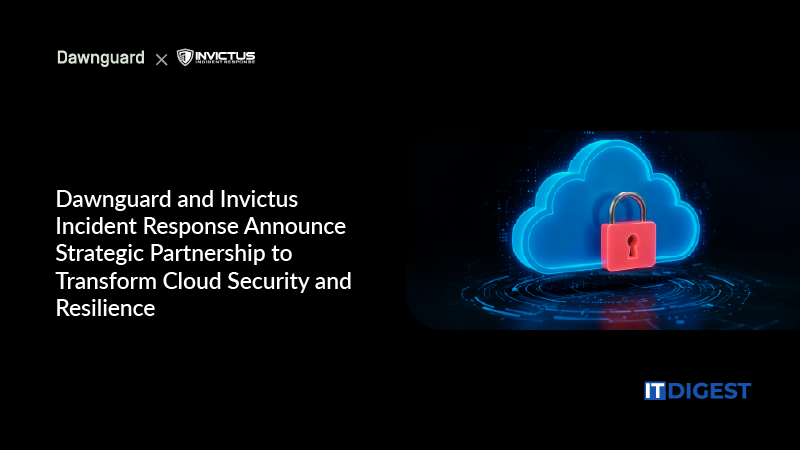Apono, a cloud identity-security firm, specializes in Zero Standing Privilege (ZSP) access management. It recently raised $34 million in a Series B round. This funding was led by U.S. Venture Partners (USVP). It also included Swisscom Ventures, Vertex Ventures, 33N Ventures, and existing investors. With this round, Apono’s total funding now exceeds $54 million. Over the past year, it has seen a fourfold rise in its client base, demonstrating strong product-market fit. Apono’s platform is built on Just-In-Time (JIT) and Just-Enough-Access (JEA) principles, dynamically granting and revoking privileges in real time based on context and business logic to eliminate standing privileges a classic identity-and-access risk. The company foresees a future where human and AI (agentic) identities coexist, and argues that traditional, static IAM models aren’t equipped for this instead, its dynamic permissioning engine validates every access request live, maintaining security without slowing operations.
Also Read: Black Duck SCA Launches AI Model Risk Scanning to Strengthen Software Security
As Rom Carmel, Co-founder and CEO, puts it: “The large-scale adoption of AI agents exponentially scales the problem of getting access right … Achieving ZSP with a dynamic access management approach is the only sustainable way to secure Agentic operations at scale.” Notable customers, including Intel, Hewlett Packard Enterprise, and Monday.com, already rely on Apono for privileged access control in hybrid and multi-cloud environments, with compliance and incident-response benefits. As part of the funding round, Jacques Benkoski, General Partner at USVP, will join Apono’s board; he commented: “Apono is leading the next evolution of identity security – one that brings zero trust to identity access … The company’s dynamic, context-aware approach is exactly what enterprises need to secure both human and machine identities in the AI-driven era.” The new capital will help Apono accelerate its roadmap for AI-powered access intelligence and policy automation, scale its go-to-market operations globally (especially in the U.S.), and build out engineering and sales teams to meet rising enterprise demand.


































